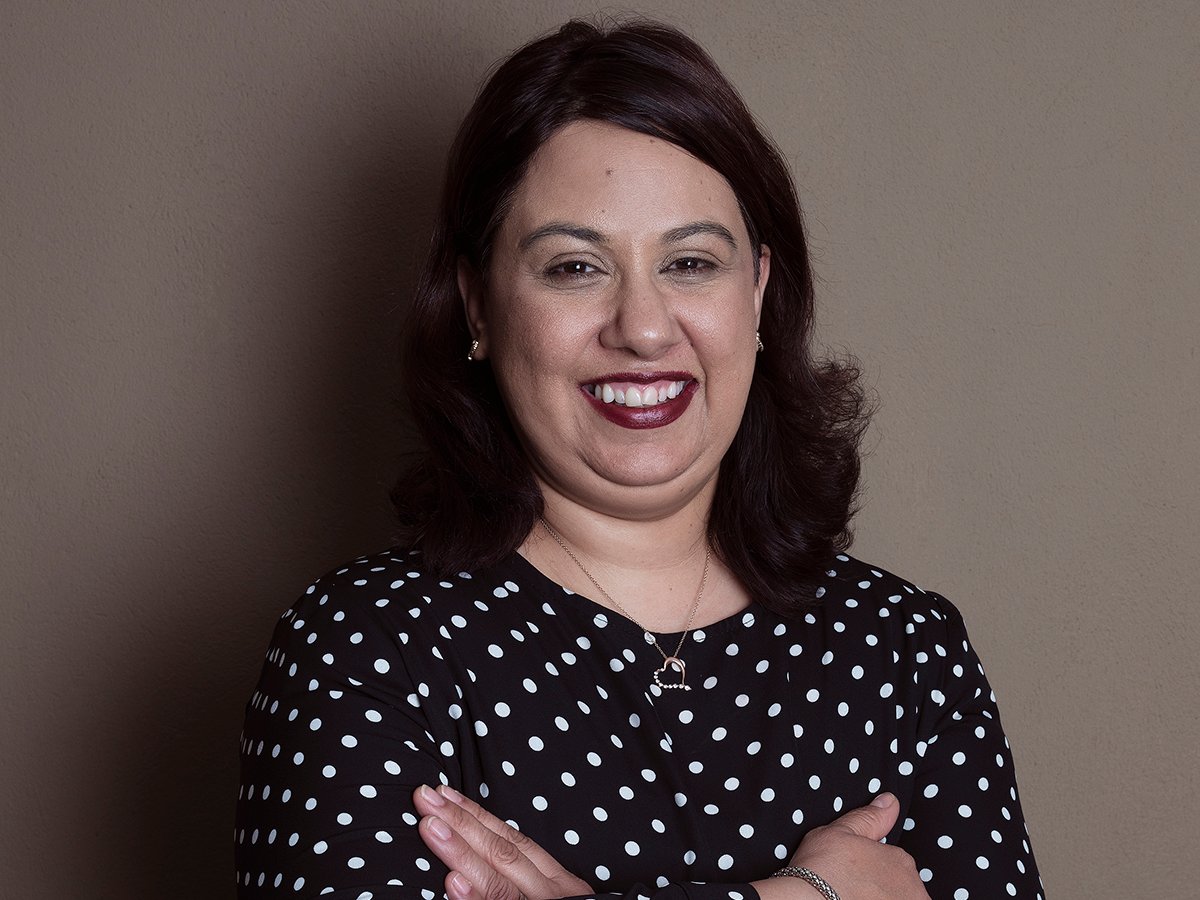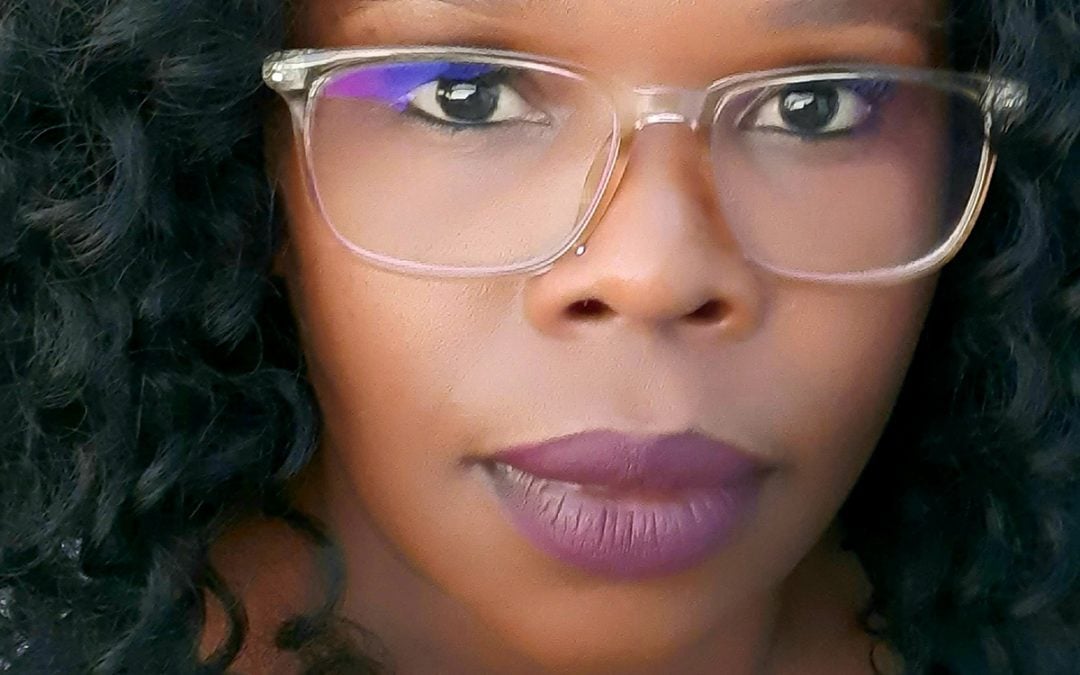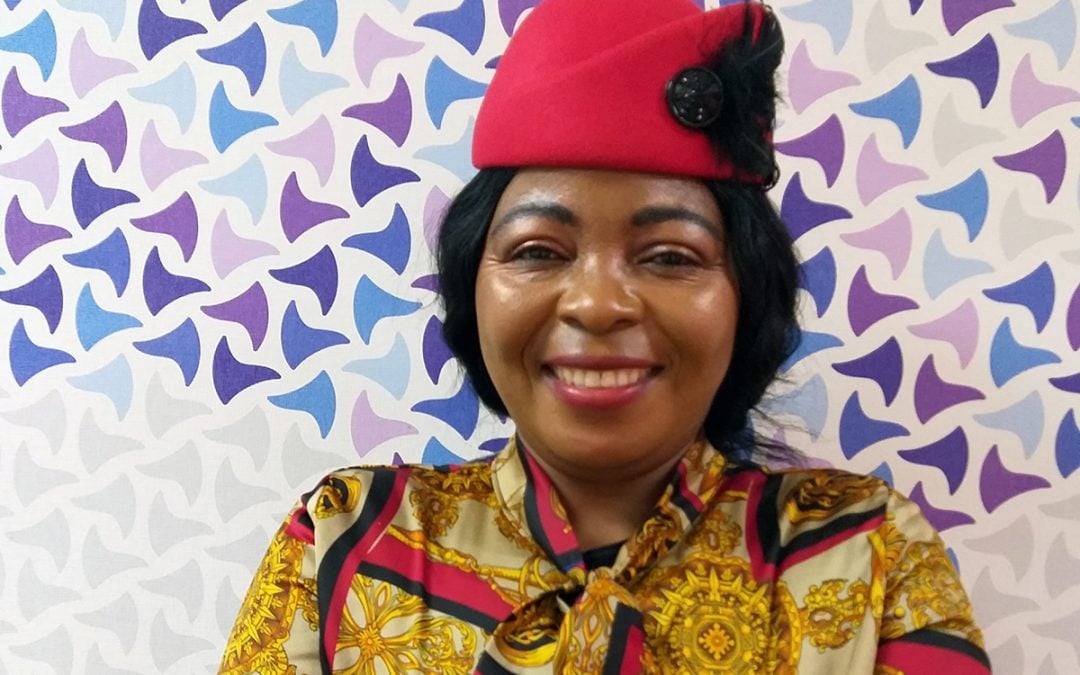Siddika Osman is the chief executive officer of Nkgwete IT Solutions in Mpumalanga. The company was founded in 2013 with a community-based ethos, offering personal mentorship and training to employees and running internship programmes in association with Microsoft and the Media, Information and Communication Technologies SETA.
With over 25 years of experience in the ICT sector and winning the inaugural Women in Tech Africa 2019 award, Osman’s technical expertise and business acumen are integral to the success of Nkgwete. The CEO attributes these accolades to the confidence she has in her own abilities, despite — more often than not — being the only woman in her position. “When I first started working in ICT, it was a very male-dominated environment. Back in 1996, I was the only female technician. Even when I joined the management team, people always thought I was just there to fill the quota. Yes, I experienced barriers. I just chose not to let the noise drown me out. I let my work ethic speak for itself.”
Osman is proud of the positive changes happening within the industry — from women moving up the corporate ladder and taking on leadership roles to an increased number of female candidates pursuing careers in ICT. Much has been done to champion equitable representation and transformation to unlock South Africa’s potential, but there is still work to be done. Osman believes this work starts at school. “To make inroads in the ICT sector, you need maths, science and ICT as subjects within the education sector. Many of our disadvantaged schools don’t have this. We need to have our youth — especially young girls — understand that there are opportunities out there beyond teaching and nursing.”
To champion this transformation, Nkgwete participates in a corporate social investment programme that incorporates local schools, hospitals, care centres and places of need in communities. “For Mandela Day, we donated laptops and tablets to schools and scheduled a training session with their teachers to show them how to use basic software on the devices.” For Osman, giving is important, but helping these communities understand how to use the technology is the main objective.
If Osman could give any advice to the youth of South Africa, it would be to use technology for good, such as helping create more jobs or making a difference in underprivileged communities. She also encourages hiring managers to look for candidates with skills that go beyond their technical abilities. “To me, business writing and effective communication are far more important skills than technical ability. I’ve always said that I would rather hire for EQ than IQ — attitude over intelligence. The drive to want to learn means more to me than grades.”
Osman believes that the future of South Africa is bright, despite the history and hardships we have faced as a nation. “Technology is a key enabler to propel Africa forward. If we can use technology to innovate, then we can reduce many of the struggles and inequalities we face.”
Technology is a key enabler to propel Africa forward. If we can use technology to innovate, then we can reduce many of the struggles and inequalities we face.





























